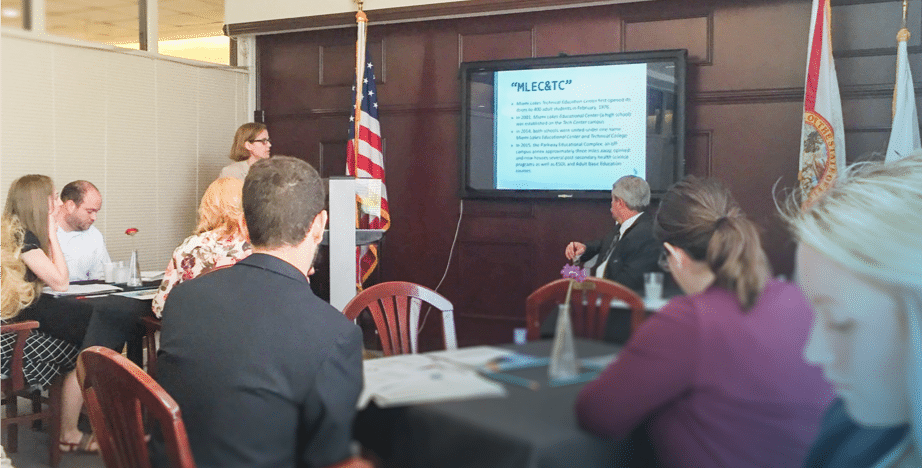Overview
The vast majority of youth in developed nations finish high school, many more than in the United States, where the national high school graduation rate is about 70%. Students start disengaging long before they get to high school, and the consequences of dropping out are severe, not just for individuals, but for the larger society and economy. Dropouts are less likely to find work and are more likely to live in poverty, commit crimes, and suffer health problems.
In his new book Dropping Out: Why Students Drop Out of High School and What Can Be Done About It, Russell Rumberger, Vice Provost for Education Partnerships, University of California, Santa Barbara offers a comprehensive overview of the dropout crisis in America, and addresses the fundamental questions of who drops out, why they dropout, and what happens when they do. Rumberger identifies challenges in current reform efforts, including an insufficient targeting of the true dropout factories, inadequate funding, and a lack of attention paid to the cost, sustainability, and scalability of interventions. He concludes with suggestions for future policy efforts, including a broadened sense of what constitutes success, an increased emphasis on skills such as motivation and perseverance, and a new focus on preparation for the workforce and successful lives as adults.
This forum provided an overview of Rumberger’s findings in Dropping Out, including suggestions for policy changes to reduce dropouts. A panel of experts responded to his findings and provide their insight for policy reform at the federal, state, and local levels to reduce the incidence of high school dropouts.
Presenter:
Russell Rumberger, Ph.D.,Vice Provost for Education Partnerships, University of California, Santa Barbara
Panelists:
Daniel Fuller, Vice President, Communities In Schools
Elizabeth Grant, Special Assistant, US Department of Education
Cassius Johnson, Associate Vice President, Jobs for the Future
Click here for Russell Rumberger’s Op-Ed featured in Education Weekly.



